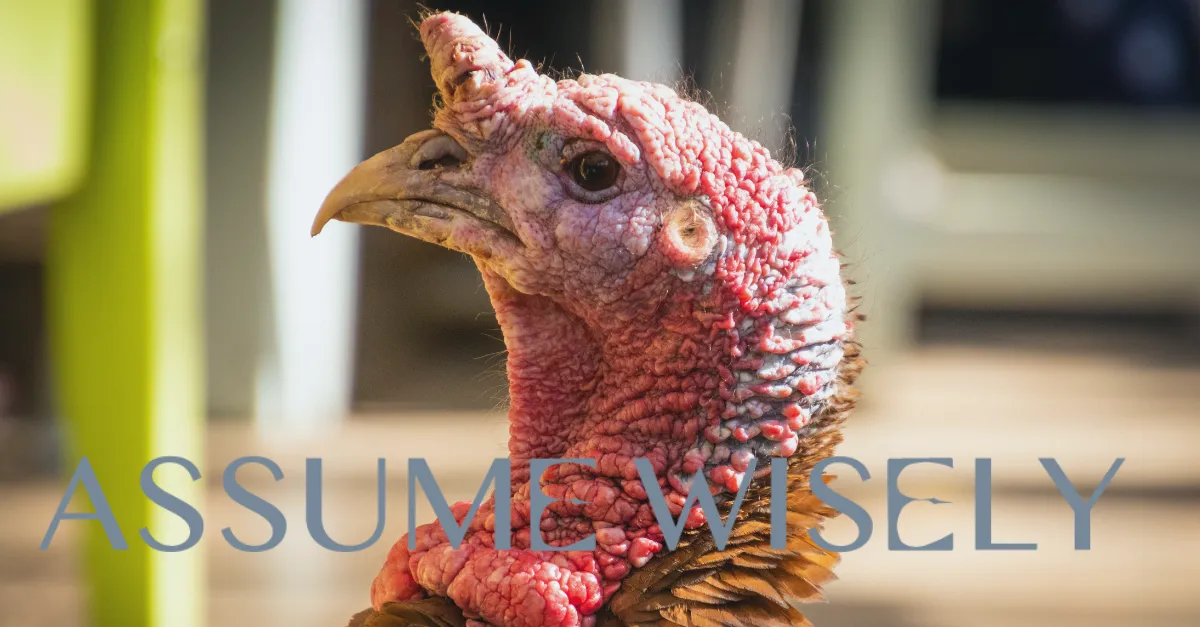
Hume’s Turkey: A Tale of Thanksgiving.

Like most turkeys, Hume's turkey lives on a farm. From this turkey's perspective life is good. Of course, there are bad days: the weather might turn cold, the older turkeys might box him out from the best seed and grass, a fox might get into the coupe. Overall life is good because of the farmer. The farmer loves his turkey.
The farmer keeps the coup, which protects the turkey from the weather. The farmer defends the turkey from the fox. The farmer makes sure the turkey gets enough to eat. The turkey is happy because the farmer loves him.
The turkey lives his life, without concern for the future. The turkey has no way of knowing, based on experience, that he will soon be dinner.
We put ourselves at risk when looking to the past as a predictor of what will be. That is the problem with knowledge gained from induction, that is the turkey's dilemma.
Bertrand Russell is credited with the idea of the turkey's dillema in highlighting the holes in David Humes arguments about knowledge gained by induction.
Adapted from The Black Swan, by Nassim Taleb.
